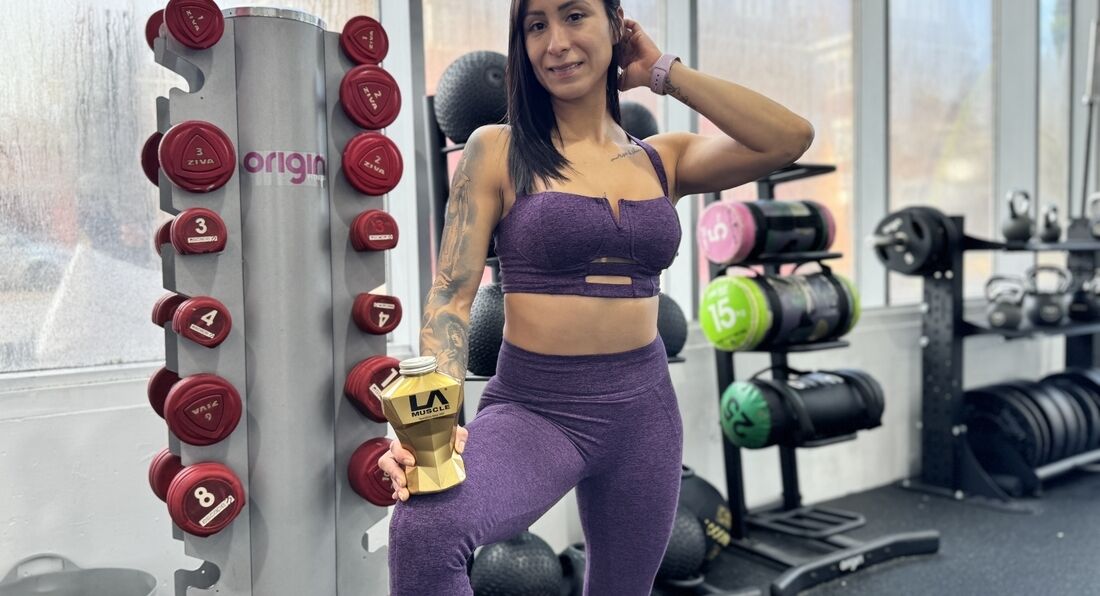The Knowledge > Better Health >
Wednesday, 21st September 2022
The Dangers Of Masking Muscle Soreness With Painkillers
How to recover better
By LA Muscle on 21.09.2022 10:50 am
For many people, muscle soreness can be tough to handle. Athletes or people who exercise regularly may find it hard to feel great when they are hurting all over, but that doesn't mean they have to deal with the pain alone. Painkillers are often prescribed to help reduce the pain and inflammation associated with muscle soreness. Still, these medications pose serious risks and can cause more harm than good in the long run.
What are the risks of masking muscle soreness?
When you mask muscle soreness with painkillers, you're essentially numbing the pain instead of addressing the root cause. This can lead to further injury down the road, as you may not be aware of the damage you're doing. Additionally, painkillers can have harmful side effects, such as addiction and gastrointestinal problems. If you're masking muscle soreness with painkillers, you must be aware of the risks involved. Painkillers are addictive and detrimental to your health in other ways, but they also do nothing for the underlying cause of your soreness. Try out home or over-the-counter remedies before resorting to dangerous substances that will just put a bandaid on the problem.
How should you manage muscle soreness?
An effective way to manage muscle soreness is to ice the area for 20 minutes and then heat the area for another 20 minutes. You can do this several times a day. Also, try to engage in activities and move around as much as you can. A hot bath can be helpful.
Some science behind why this works
When you experience muscle soreness, it's your body's way of telling you that you've overdone it and need to rest. Tiny tears in your muscle fibres cause the pain, and the inflammation is your body's natural response to healing those tears. Unfortunately, this process can take days or weeks to happen on its own. That's why people often reach for anti-inflammatory drugs to reduce their pain.
Tips to ease sore muscles fast
- Get moving; exercise can help to ease muscle soreness by promoting blood flow and helping to flush out lactic acid.
- Try a warm bath or heating pad. Applying heat can help to relax muscles and ease the pain.
- Massage your muscles. A massage can help to improve blood circulation and reduce muscle tension.
- Stretch it out. Stretching can improve flexibility as well as range of motion, which can, in turn, reduce muscle soreness.
- Get enough rest. Although this is the most obvious tip, it’s worth mentioning that resting will help your body recover more quickly from exercise.
- Drink plenty of fluids.
- Avoid using alcohol as a painkiller.






























